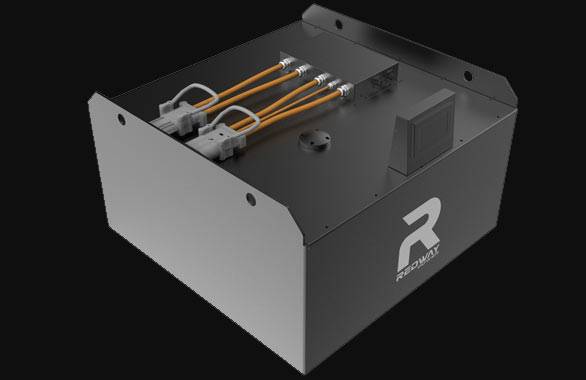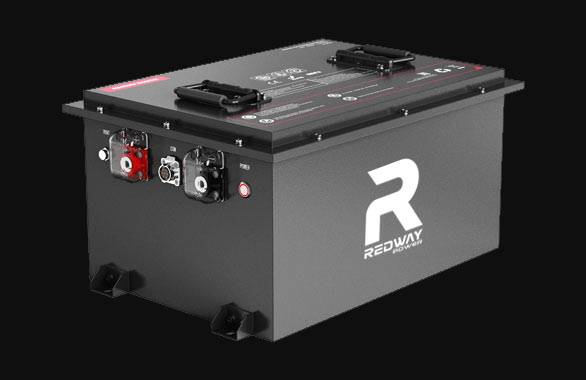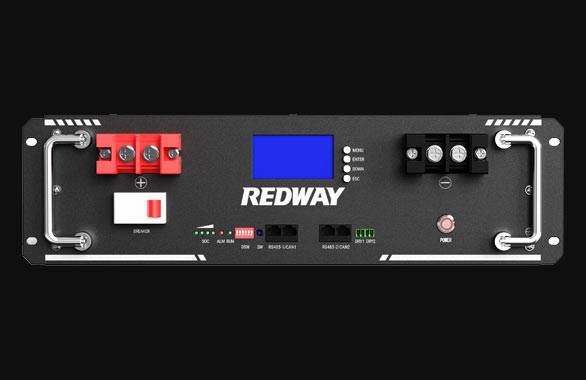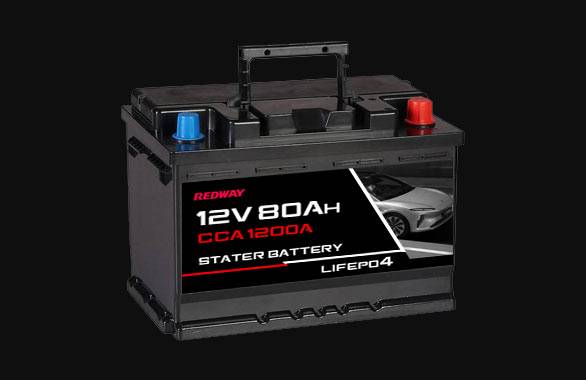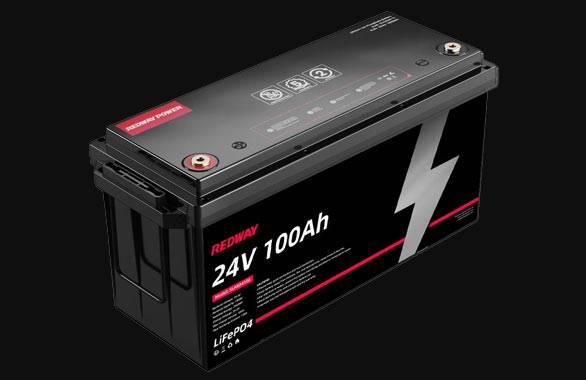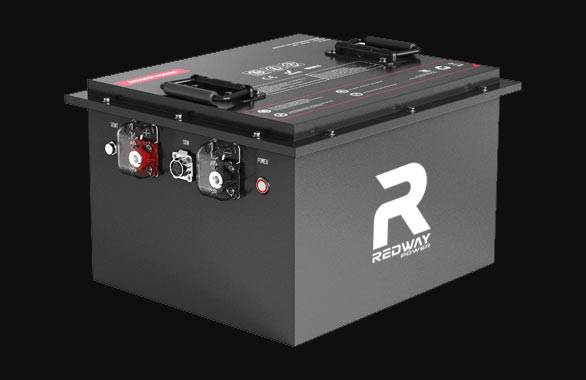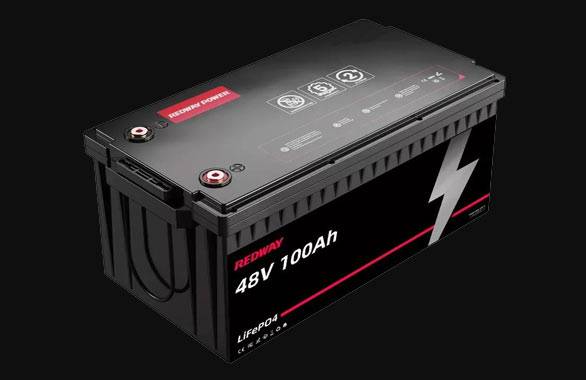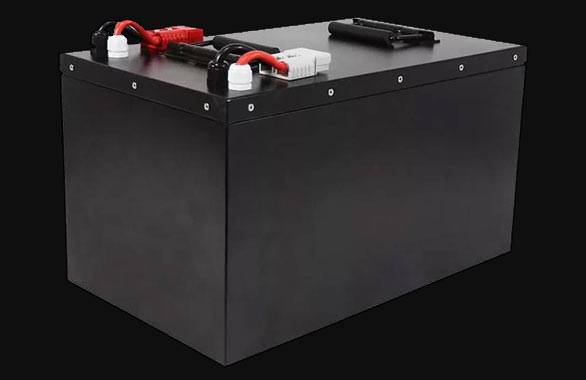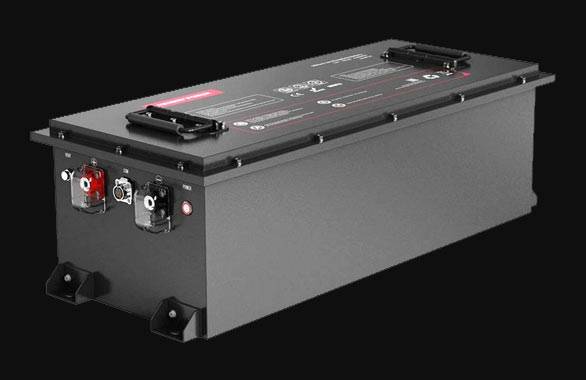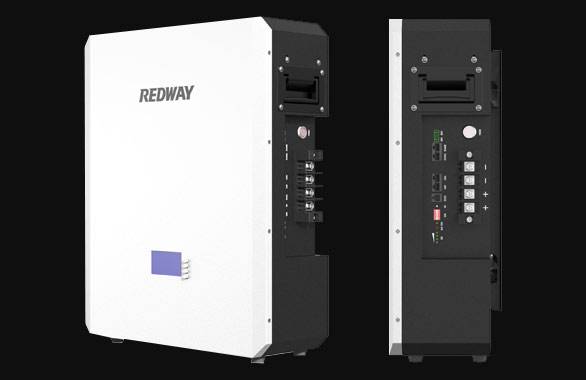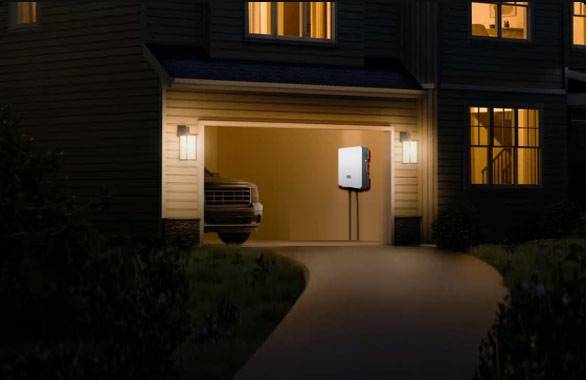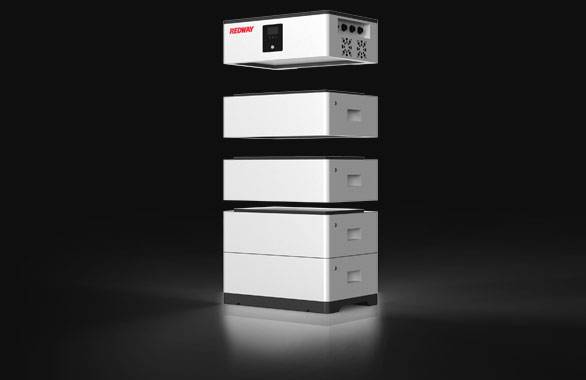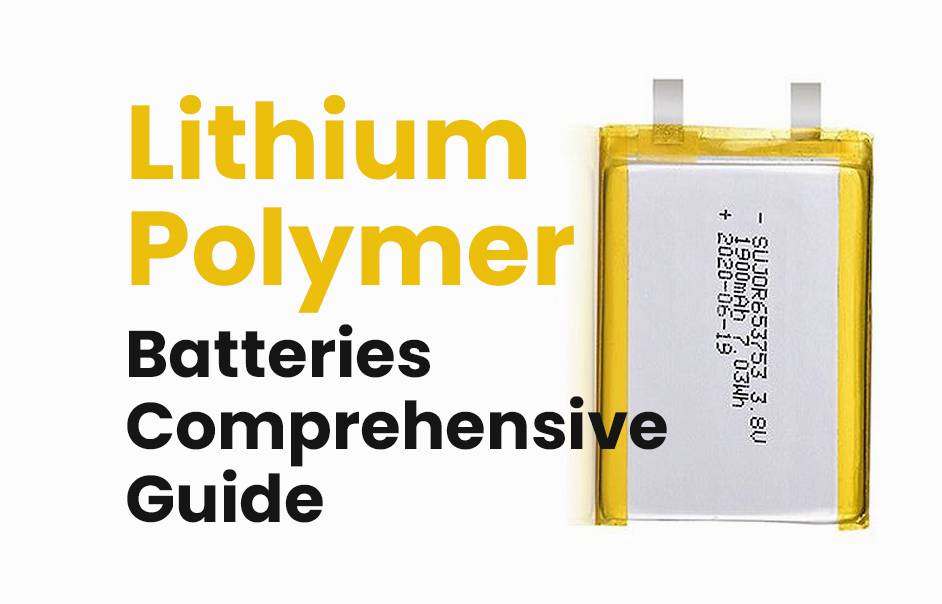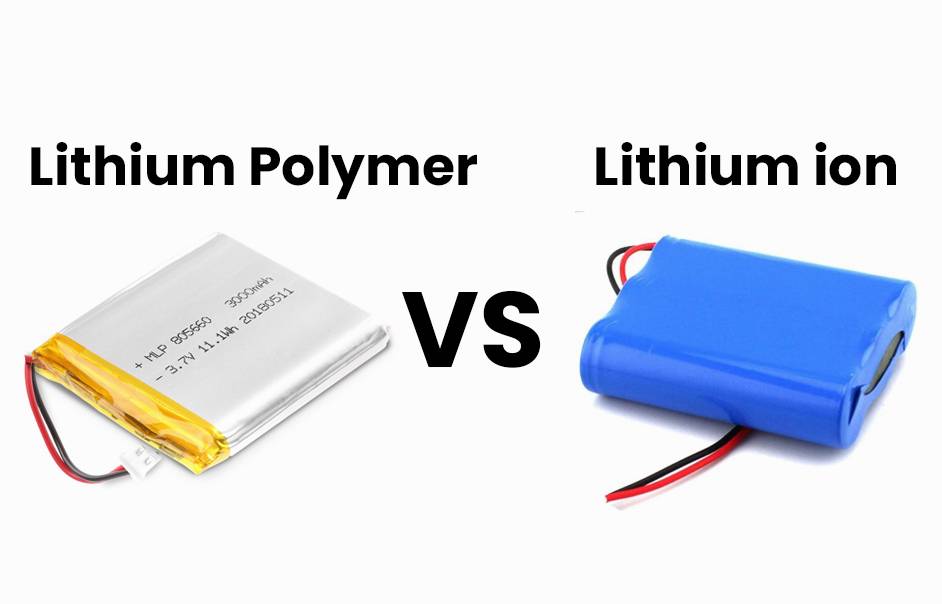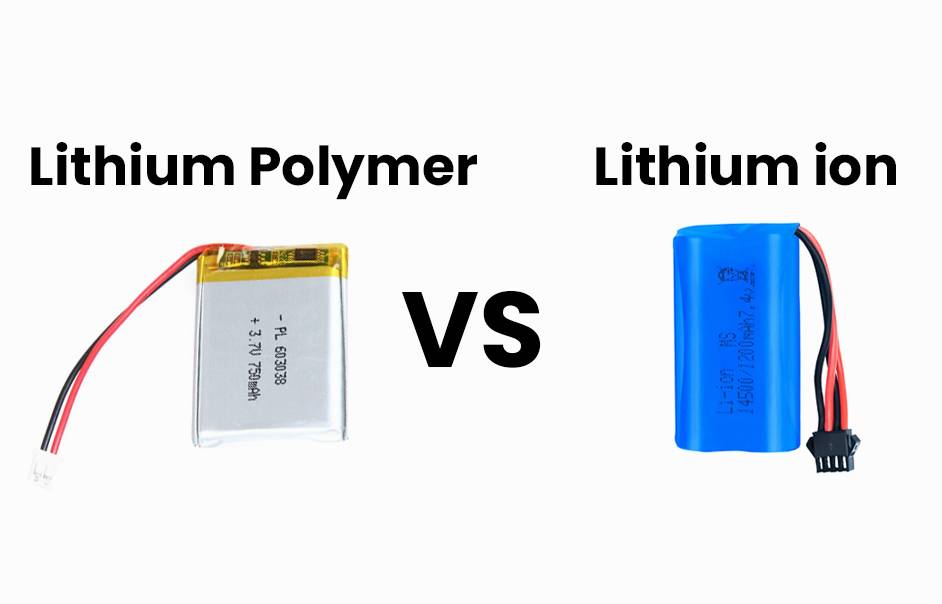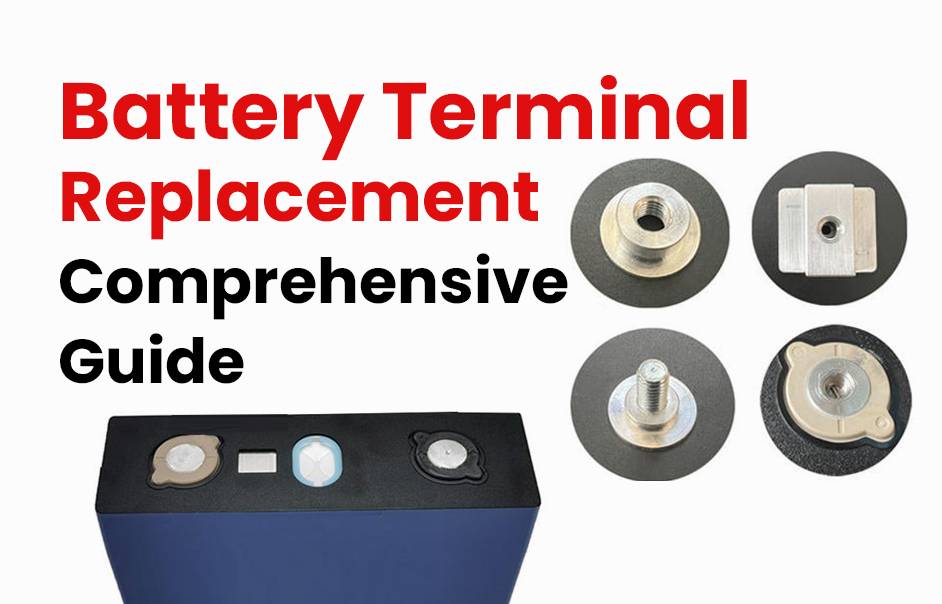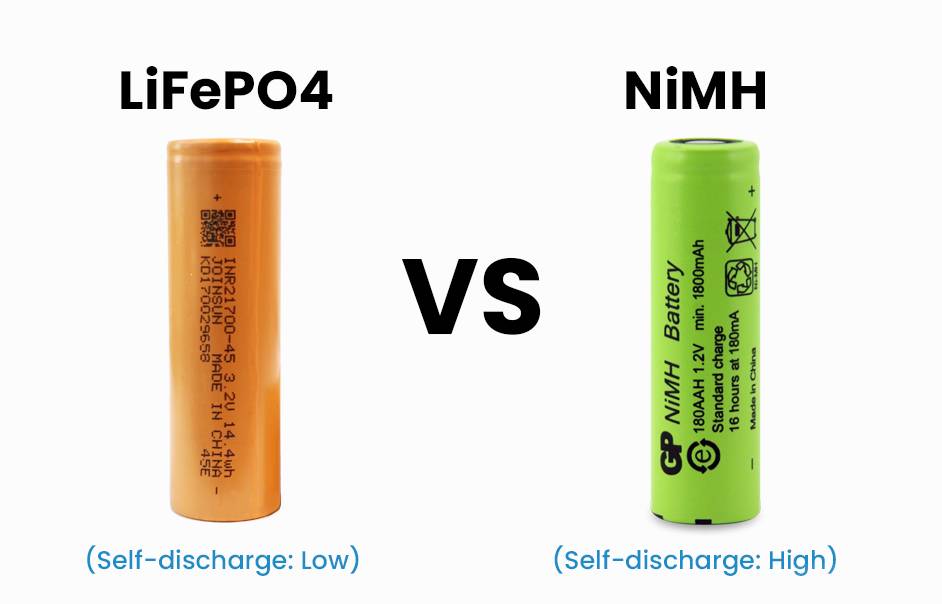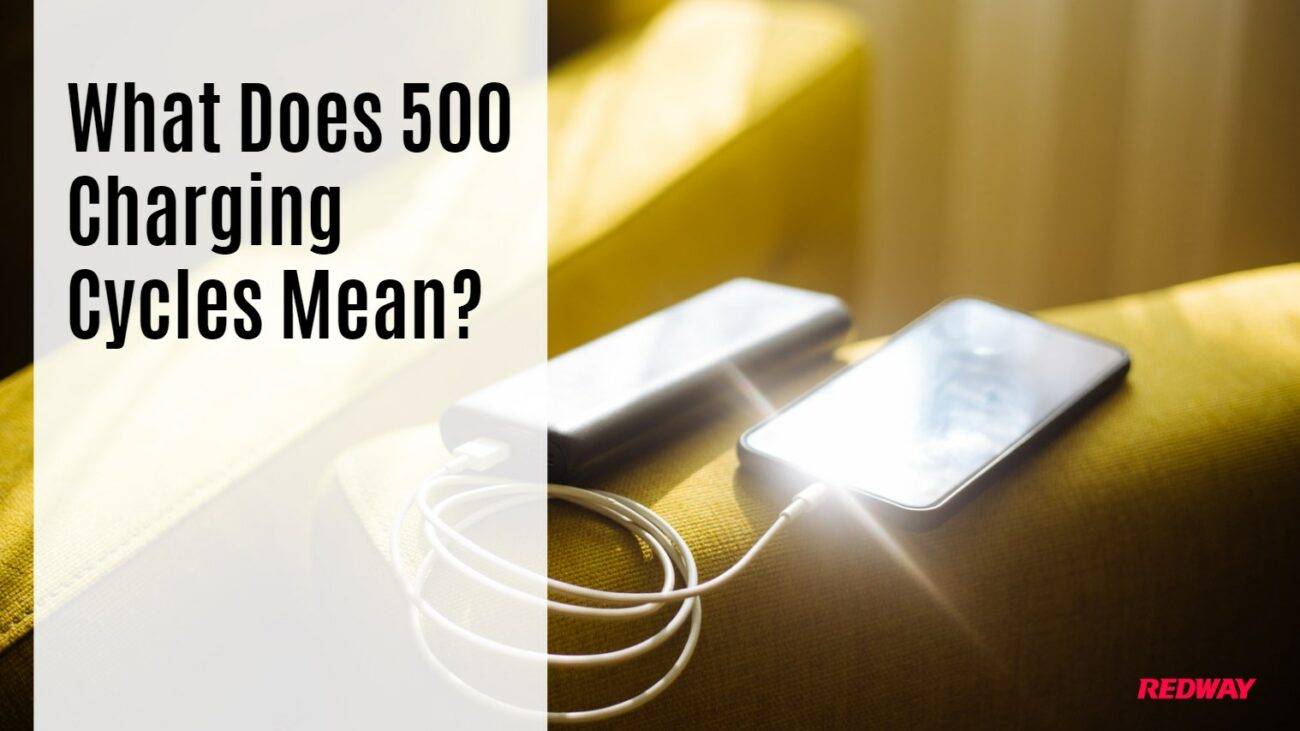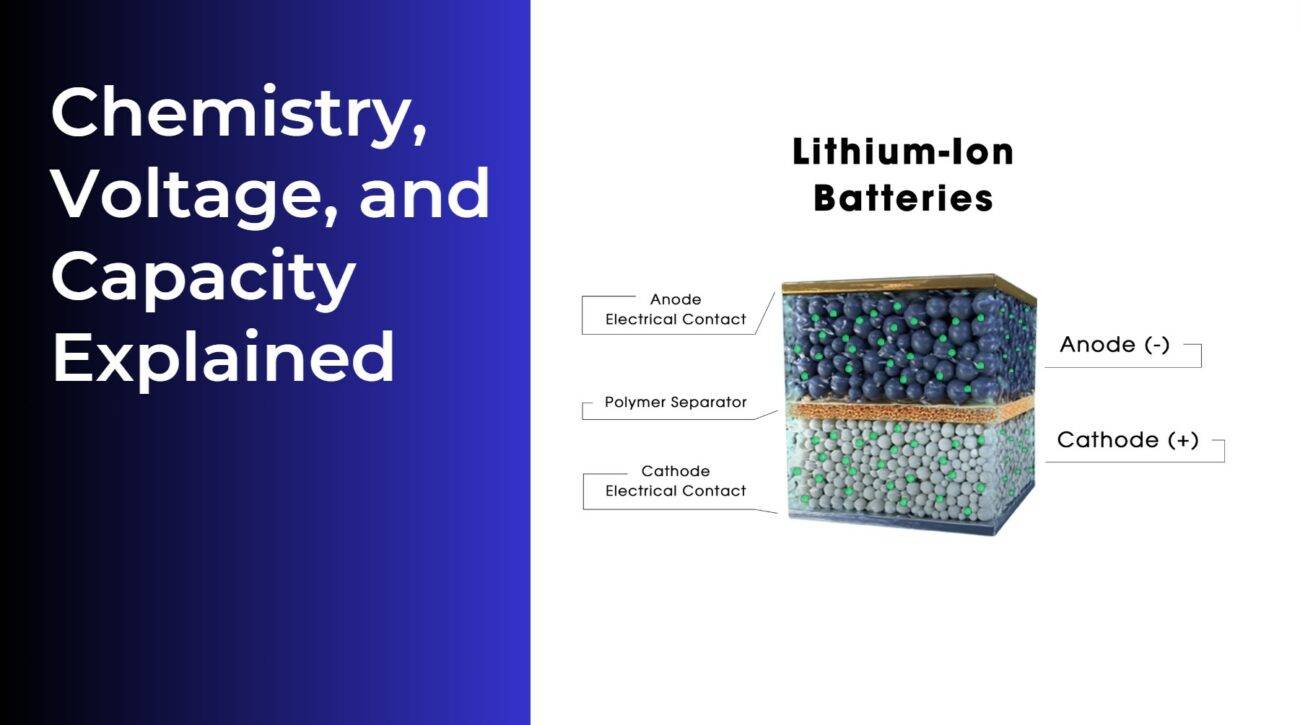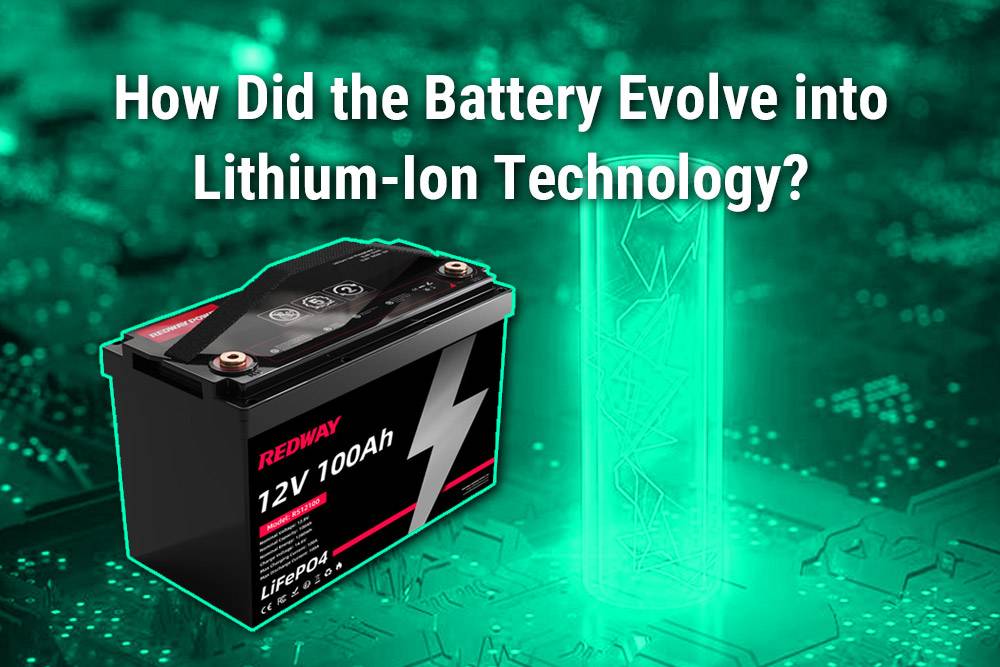- Forklift Lithium Battery
- Golf Cart Lithium Battery
- Rack-mounted Lithium Battery
51.2V 100Ah Rackmount LiFePO4 Battery
8000 times (80% DOD 0.5C)
Optional SNMP for TELECOM - Car Starter Battery
- 12V LiFePO4 Battery
12V 150Ah Lithium RV Battery
Bluetooth App | Self-heating
LiFePO4 | Group 31
UL 1642 | IEC 62619 - 24V LiFePO4 Battery
- 36V LiFePO4 Battery
- 48V LiFePO4 Battery
- 60V LiFePO4 Battery
60V 100Ah Lithium Battery (AGV, AMR, LGV)
Peak Discharge Current 400A
500 x 298 x 349 mm - 72V~96V LiFePO4 Battery
72V 100Ah Lithium Golf Cart Battery
Peak Discharge Current 315A (10S)
740 × 320 × 246 mm - Wall-mounted Lithium Battery
51.2V 100Ah 5kWh
Wall-mounted Battery532 x 425 x 170 mm / LiFePO4
>8000 Cycles (80% DOD 0.5C)
RS485 / CAN-bus
for Solar Home ESS - Home-ESS All-in-One
51.2V 32kWh
All-in-On HESS SystemPowerAll
51.2V / LiFePO4
>8000 Cycles (80% DOD 0.5C)
RS485 / CAN-bus / WiFi
All-in-One for Home ESS
How Many Cycles and Years Can a LiFePO4 Battery Last?
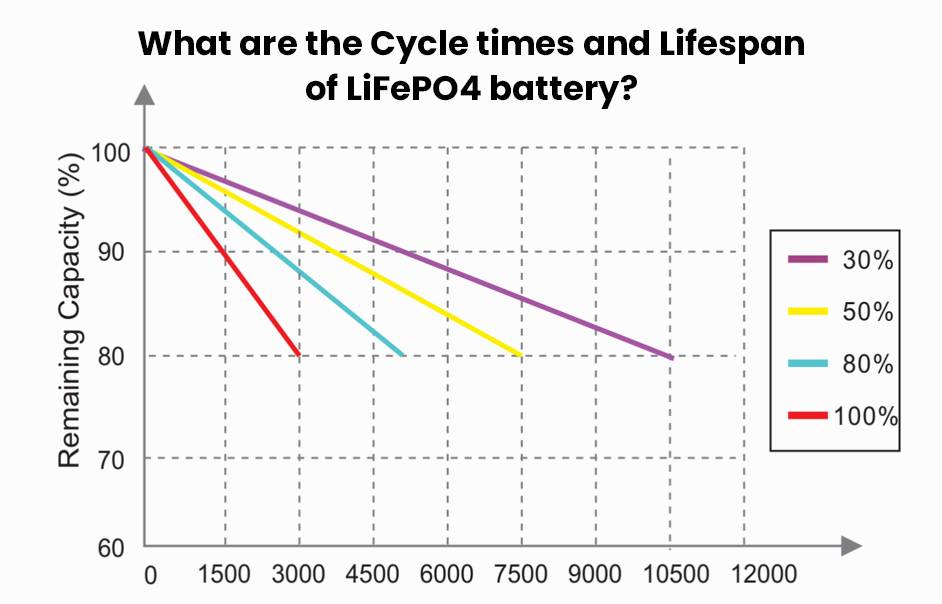
LiFePO4 batteries, or lithium iron phosphate batteries, are known for their exceptional longevity and reliability, with lifespans exceeding 4000 cycles. This translates to over ten years of use in many applications, making them an excellent investment for renewable energy systems and other high-performance needs.
What is the lifespan of a LiFePO4 battery?
The lifespan of a LiFePO4 battery typically ranges from 5 to 10 years, depending on usage and maintenance. When charged and discharged regularly, these batteries can endure over 4000 cycles, translating to approximately 10 years of daily use. This impressive longevity significantly reduces the need for frequent replacements, providing excellent long-term value.Chart: Lifespan Comparison
| Battery Type | Average Lifespan | Average Cycles |
|---|---|---|
| Lead-Acid | 2-5 years | 500-1000 cycles |
| Lithium-ion | 3-5 years | 500-3000 cycles |
| LiFePO4 | 5-10 years | 4000+ cycles |
How many cycles can a LiFePO4 battery endure?
LiFePO4 batteries can typically endure 4000 to over 7000 cycles depending on their quality and depth of discharge (DoD). High-quality models may even reach up to 10,000 cycles under optimal conditions. The cycle life is a critical metric that indicates how many times a battery can be fully charged and discharged before its capacity falls below a specified level.Chart: Cycle Life Based on Quality
| Battery Quality | Estimated Cycle Life |
|---|---|
| Low Quality | 2000 – 2500 cycles |
| Medium Quality | 4500 – 6000 cycles |
| High Quality | 7000 – 10,000 cycles |
What factors affect the lifespan of LiFePO4 batteries?
Several factors influence the lifespan of LiFePO4 batteries:
- Depth of Discharge (DoD): A lower DoD generally extends battery life. Operating consistently at high DoD can reduce overall cycles.
- Temperature: Extreme temperatures can negatively impact performance and longevity. Optimal operating temperatures range from 0°C to 45°C.
- Charging Practices: Using the correct charger and avoiding overcharging are crucial for maintaining battery health.
Understanding these factors helps users maximize their investment in LiFePO4 technology.
How does depth of discharge influence cycle life?
Depth of discharge (DoD) refers to how much energy is drawn from the battery relative to its total capacity. For instance:
- Operating at 80% DoD typically allows for around 5000 cycles.
- Reducing DoD to 50% can significantly increase cycle life, potentially exceeding 7000 cycles.
Maintaining a lower DoD is beneficial for extending the overall lifespan of the battery.
Why are LiFePO4 batteries considered safe and reliable?
LiFePO4 batteries are renowned for their safety features:
- Thermal Stability: They have a lower risk of thermal runaway compared to other lithium-ion technologies.
- Non-combustible Components: The materials used in these batteries resist combustion, enhancing safety during operation.
- Consistent Voltage Output: They maintain stable voltage throughout their discharge cycle, ensuring reliable performance.
These characteristics make them suitable for various applications, including renewable energy systems and electric vehicles.
Can I find alternatives to LiFePO4 batteries?
Yes, alternatives to LiFePO4 batteries include:
- Lithium-ion Batteries: Generally offer higher energy density but shorter lifespans.
- Lead-Acid Batteries: More affordable upfront but have significantly shorter lifespans and require maintenance.
For those seeking reliable lithium solutions, Redway Power provides excellent alternatives that combine performance with longevity.
How can battery wholesale buyers benefit from Redway Power?
Tips for Battery Wholesale Buyers
Battery wholesale buyers should consider several key points when sourcing products:
- Quality Assurance: Choose manufacturers like Redway Power, which has over 13 years of experience in lithium battery production.
- OEM Orders: Clearly communicate specifications when placing OEM orders to ensure product quality.
- Cost Efficiency: Compare prices while considering quality to achieve the best value.
By partnering with a reputable manufacturer like Redway Power, buyers can secure dependable lithium battery solutions that serve as excellent alternatives to lead-acid technologies.
Redway Power Expert Views
“LiFePO4 technology represents a significant advancement in battery safety and longevity. With proper care, these batteries not only outperform traditional options but also provide peace of mind due to their inherent stability,” states an expert from Redway Power.This perspective emphasizes the importance of investing in high-quality lithium technologies that enhance both performance and safety across various applications.
FAQ Section
- What is the typical lifespan of a LiFePO4 battery?
LiFePO4 batteries typically last between 5 to 10 years, depending on usage and maintenance practices. - How many charge cycles can I expect from a LiFePO4 battery?
You can expect between 4000 to over 7000 charge cycles from a high-quality LiFePO4 battery, with some models reaching up to 10,000 cycles under optimal conditions. - What factors influence the lifespan of my LiFePO4 battery?
Key factors include depth of discharge, operating temperature, and charging practices, all of which play significant roles in determining overall lifespan. - Are there safer alternatives to lead-acid batteries?
Yes, lithium-ion options like those offered by Redway Power provide enhanced safety features and longer lifespans compared to traditional lead-acid batteries.


